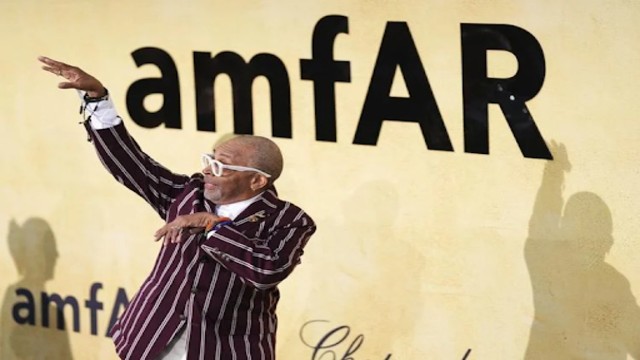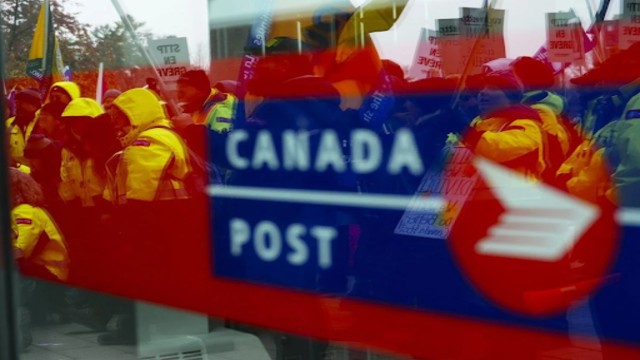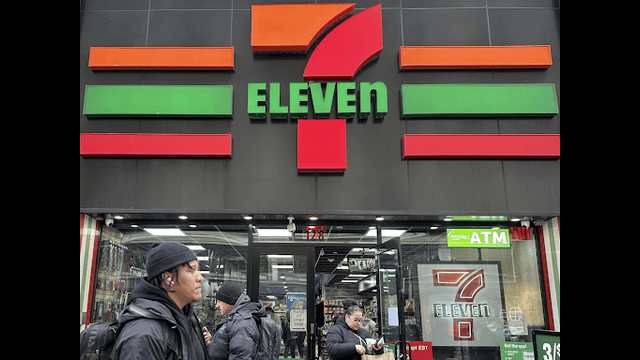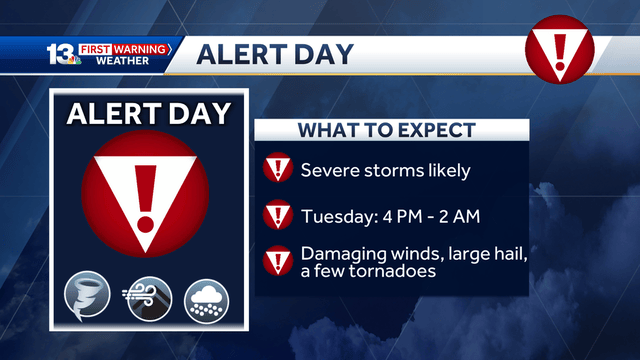
University of Toronto law professor Kent Roach appears at a Senate national defence committee in Ottawa on Monday, February 2, 2015. Books on artificial intelligence, space law and wrongful convictions are among the works shortlisted for the $60,000 Donner Prize, which recognizes the best public policy book by a Canadian. THE CANADIAN PRESS
In Toronto, notable books covering diverse topics such as artificial intelligence, space law, wrongful convictions, and pandemic responses have been shortlisted for the prestigious $60,000 Donner Prize, celebrating outstanding Canadian public policy literature.
One finalist, "The Legal Singularity: How Artificial Intelligence Can Make Law Radically Better," authored by Benjamin Alarie, has garnered attention from jurors for its significant and timely insights into the potential of artificial intelligence in reshaping legal frameworks.
Another contender, "Who Owns Outer Space? International Law, Astrophysics, and the Sustainable Development of Space," co-authored by Michael Byers and Aaron Boley, has been commended for providing a comprehensive roadmap for Canadian policymakers navigating space law and exploration.
Kent Roach's contribution, "Wrongfully Convicted: Guilty Pleas, Imagined Crimes, and What Canada Must Do to Safeguard Justice," has earned its place on the shortlist for its adept examination of flaws within Canada's justice system, according to the jury.
"Pandemic Panic: How Canadian Government Responses to COVID-19 Changed Civil Liberties Forever," penned by Joanna Baron and Christine Van Geyn, offers valuable analysis of the civil liberty implications of COVID-19 responses, drawing lessons for future crisis management, as noted by jurors.
Completing the list is Ignacio Cofone's "The Privacy Fallacy: Harm and Power in the Information Economy," which has been recognized by jurors for its sound analysis and evidence-based arguments regarding privacy issues in the information age.
The winner of the Donner Prize will be revealed at a gala dinner in Toronto on May 8, with the recipient receiving $60,000. Additionally, the remaining four finalists will each be awarded $7,500 in recognition of their contributions to Canadian public policy literature.















